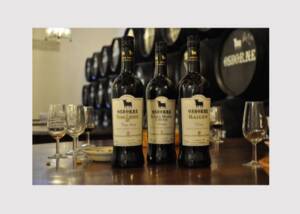Coffee Enabled Brazil's Participation in the 1932 Olympics
News News blog
The 1932 Olympic Games in Los Angeles were marked by the Great Depression. Many countries could hardly afford to participate. However, Brazil found a creative way to still be there: with coffee.

Brazil's Coffee Crisis Finances Olympic Dream
As the world's largest coffee producer, Brazil suffered greatly from the price decline in the early 1930s. The government, therefore, bought up parts of the overproduction. 50,000 bags of this coffee were made available to the Olympic team. The plan: The athletes were to sell the coffee on their journey to Los Angeles to finance their participation.
Arduous Journey with a Bitter Aftertaste
On June 25, 1932, the "Itaquicê" set sail from Rio de Janeiro with 69 athletes and the coffee. But coffee sales were sluggish. When the ship arrived in Los Angeles, only 24 athletes could afford the disembarkation fee. The rest had to stay on board while the "Itaquicê" sold more coffee in San Francisco.
Meager Sporting Results
In the competitions themselves, Brazil performed disappointingly. Not a single athlete won a medal; the best placement was sixth place. At least long-distance runner Adalberto Cardoso showed Olympic spirit: He traveled on his own from San Francisco to Los Angeles and made it to the stadium 10 minutes before his 10,000-meter race - barefoot and utterly exhausted, he finished last.
Difficult Journey Home
The return journey was also difficult: A revolution had broken out in Brazil, and many ports were blocked. The athletes had to return home in adventurous ways. At least the coffee was completely sold.
Thus, coffee enabled Brazil's athletes to participate in the 1932 Olympics - albeit under adverse circumstances. The story of the "Olympic Coffee" remains one of the most curious episodes in Olympic history.










